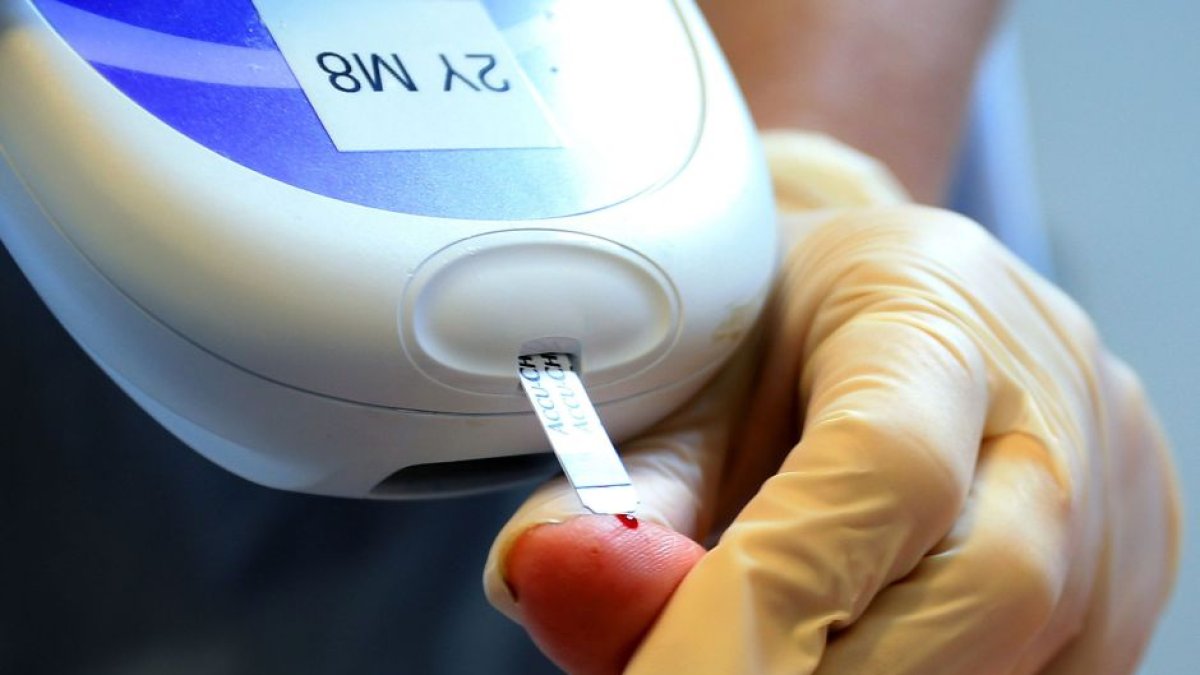Chinese researchers announce cellular treatment capable of curing Type 2 diabetes
A team from several institutions managed to stop a 59-year-old patient at risk of complications from the disease from needing external insulin.

(Cordon Press)
A team of Chinese scientists from several institutions published a report on a treatment that has managed to cure a patient's diabetes using cell therapy. The subject, who had been living with Type 2 diabetes for 25 years, was at risk of suffering complications from the disease, but thanks to the research, he no longer even needs oral medication to control his blood glucose levels.
According to the study, "The patient received the transplantation in July 2021. Eleven weeks after the surgery, he was weaned off external insulin, and the dose of oral drugs for sugar-level control was gradually reduced and completely withdrawn one year later." Subsequent follow-up checks indicated that "the patient's pancreatic islet function was effectively restored, and his renal function was within normal range."
The patient has currently been without insulin for 33 months, so the researchers consider that the "results suggested that the treatment can avoid the progression of diabetic complications."
Study 'pushed boundaries in the field of regenerative medicine'
One of the project leaders, Yin Hao, director of organ transplantation at Shanghai Changzheng Hospital, explained that they used "the patient's own peripheral blood mononuclear cells and reprogrammed them into autologous induced pluripotent stem cells." In addition, they used a technology devised by them to transform them into "seed cells" and "reconstituted pancreatic islet tissue in an artificial environment." Yin assured, "Our technology has matured and it has pushed boundaries in the field of regenerative medicine for the treatment of diabetes."
After observing the results, Timothy Kieffer, professor in the Department of Cellular and Physiological Sciences at the University of British Columbia in Canada, said: "“I think this study represents an important advance in the field of cell therapy for diabetes."












